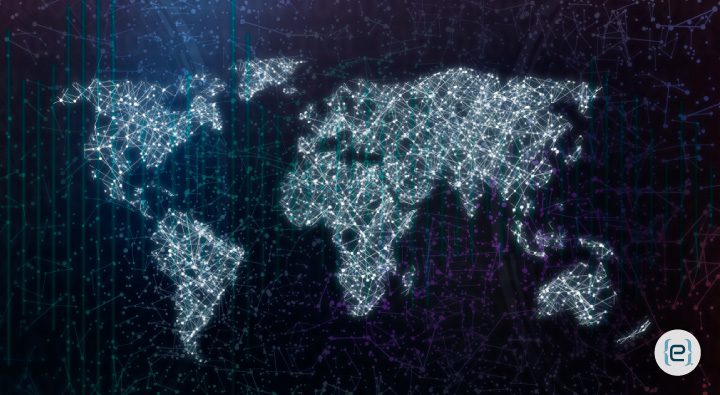In an ever-connected world, organizations are encountering cyber threats that are more complex than ever. The importance of protecting your data and creating systematic security for your network environment has become increasingly important. Essentially, due to malware, phishing attacks, hacking, and all sorts of malicious activities by malefactors. Geolocation blocking has emerged as an effective security tool for organizations
Geolocation blocking (also known as geo-blocking) is the ability to limit or block access based on the location of the requesting user. This type of access control is done by recognizing the user’s IP and finding its geographical location.
Although originally based on content delivery and copyright enforcement performance, geolocation blocking has become an important tool in the Cyber Security landscape. This allows organizations to reduce their risk by blocking or restricting access from regions where there are a lot of cyberattacks and may not be needed for business.
What is Geolocation Blocking?
When a user fetches something, geolocation blocking uses IP address geolocation databases to pinpoint where the request originated. When you connect to the internet, each of your devices will have an IP address assigned to it, and this IP address shows information about your geographic location, down to the city level.
Locations can be blocked by network security applications, such as firewalls, and routers with geolocation-blocking capabilities. This way, companies can protect their environments from external access threats by using rules that allow or give a thumb-down on an outside request.

Geolocation Blocking: Why is This Important?
- Top Tips on Managing Cybersecurity Threats from High-Risk Regions: Certain countries, just as some regions, are considered hotspots of Cyber Crime. Cyber Criminals from these areas could launch DDoS attacks and use brute force or malware against targets in other parts of the world, but businesses that block or limit access from high-risk locations can reduce the probability of an attack to virtually zero. Thus, if your company conducts business only in the USA or Western Europe, it may block all parts of Eastern Europe, Asia, and particularly Africa, because there should be no legit users from these regions accessing its network. Geo-blocking stops most of the attacks coming from high-cybercrime locations.
- Limiting the Attack Surface: One of the fundamental ideas in cybersecurity involves reducing the attack surface as a way to reduce the ways a hacker can break into their system. Geolocation blocking does this by restricting the geographical regions than can access your company’s network. This way, companies can reduce their exposure to risk by limiting routing traffic to areas where the company operates. This type of control is particularly useful for organizations that do not have overseas customers, or otherwise do not need to permit traffic from certain parts of the world.
- Minimize Attempts at Unauthorized Access: Brute force login attempts, and unauthorized access attempts often come from strange IP addresses that have nothing to do with the normal user base of a company. Geolocation blocking can block these attempts before they ever touch the network. This helps prevent Kerberos-based credential stuffing and stops bad actors from attempting to gain access to critical systems. Attackers might try to brute force user credentials via remote access services such as RDP (Remote Desktop Protocol) or SSH (Secure Shell). You can prevent these types of attempts altogether as most often they come only from a handful of trusted regions, which you can easily block universally from accessing these services.
- Data Protection Regulations Compliance: Sometimes, however, you will need or want to prevent some countries from accessing your content due to data protection laws like GDPR (General Data Protection Regulation) and the CCPA (California Consumer Privacy Act). These rules will force businesses to safeguard user data and protect their networks, particularly when it comes to international data transfers. Organizations can take a proactive stance to protect their sensitive information and maintain compliance with privacy regulations by blocking traffic originating from countries with weaker data protection laws or higher historical risks of data breaches.
- Protects against fraud and phishing: There are several regions where most cybercrimes such as phishing, unauthorized use-of-telecommunication, and illegal money transfer (phreaking), originate. Certain regions closely link a good number of phishing campaigns and email fraud schemes. Using geolocation blocking, companies can stop threats from these regions before they even make it past the company firewall. Moreover, businesses — like online retailers and banking facilities — that handle high-value financial transactions can benefit from geolocation blocking.
- Protecting the Remote Workforce and VPN: As remote work and VPN usage have increased, it has become a crucial challenge for businesses to make sure that they can safely and securely access data. Geolocation blocking is a robust preventative measure that restricts access to specific geographical regions (i.e. where the business operates and/or employees are located.) This reinforces Cyber Security since we will prohibit a user who does not belong to authorized locations from connecting to your company’s network. Trained professionals from eMazzanti can help you with geo-blocking and other Cybersecurity solutions.







